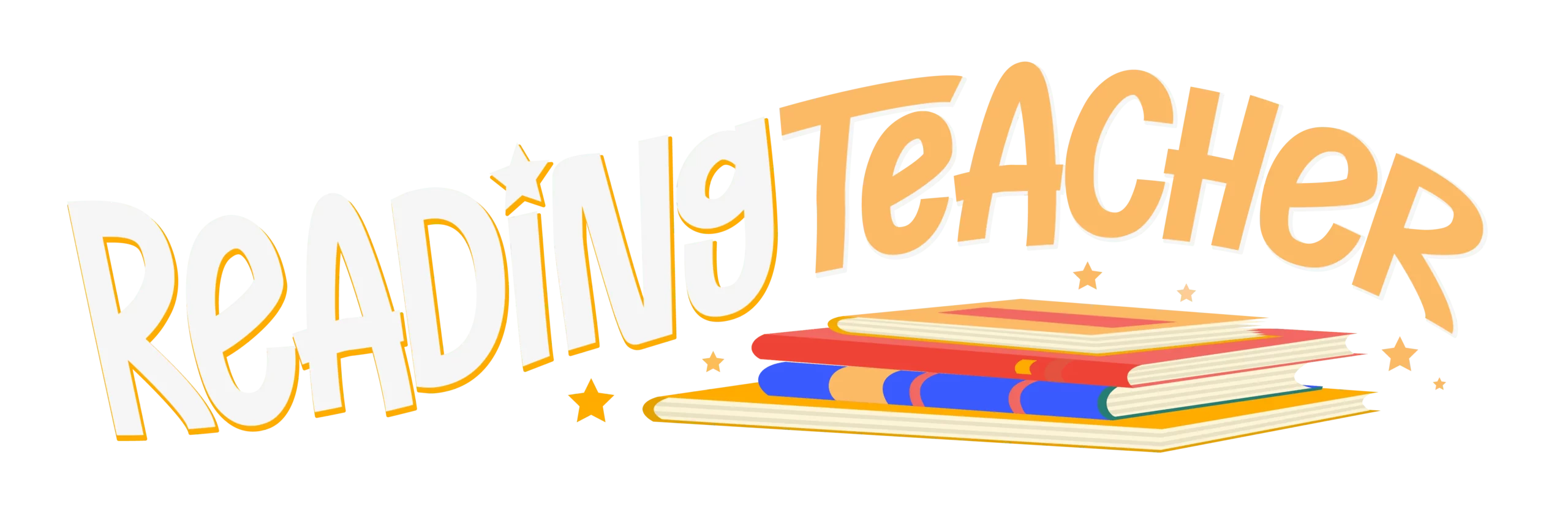Empowering Readers: Techniques and Tools for Overcoming Reading Challenges
 Reading challenges can be overcome with the right techniques and tools, empowering readers to unlock the world of literature. This article explores effective strategies that parents, educators, and learners can employ to support struggling readers on their journey to literacy.
Reading challenges can be overcome with the right techniques and tools, empowering readers to unlock the world of literature. This article explores effective strategies that parents, educators, and learners can employ to support struggling readers on their journey to literacy.
Multisensory Learning Techniques:
Incorporating multisensory learning techniques engages different senses, reinforcing the learning process. Activities that involve touch, sight, and sound enhance comprehension and make the reading experience more interactive. For example, tracing letters while saying their sounds or using tactile materials for spelling exercises can be beneficial.
Phonics Instruction:
Phonics instruction is a fundamental approach to decoding words. Breaking down words into phonemes and understanding the relationship between letters and sounds helps struggling readers build a strong foundation. Interactive phonics games, flashcards, and phonics-based stories are effective tools for reinforcing phonetic skills.
Guided Reading Sessions:
Guided reading sessions provide personalized support for struggling readers. Small group or one-on-one sessions allow educators to tailor instruction to individual needs, focusing on specific challenges. During guided reading, the emphasis is on comprehension, fluency, and discussing the text to deepen understanding.
Use of Assistive Technology:
Assistive technology plays a crucial role in supporting struggling readers. Text-to-speech software, audiobooks, and speech recognition tools provide alternatives that cater to different learning styles. These tools enhance accessibility, making reading a more inclusive and enjoyable experience.
Graphic Novels and Illustrated Texts:
Graphic novels and illustrated texts offer visual support, making them particularly beneficial for struggling readers. The combination of visuals and text helps reinforce comprehension and encourages reluctant readers to engage with the material. Graphic novels cover a wide range of genres, providing options for diverse interests.
Building Vocabulary through Context:
Encouraging readers to infer the meaning of unfamiliar words from context is a valuable skill. Highlighting context clues within sentences and discussing the overall theme of the text enhances vocabulary development. This technique promotes independent learning as readers become adept at deciphering meanings on their own.
Book Clubs and Reading Communities:
Creating a sense of community around reading can motivate struggling readers. Book clubs or online reading communities provide opportunities for discussion, sharing insights, and recommending books. Positive peer interactions foster a love for reading and encourage readers to explore a variety of genres.
Flexible Reading Programs:
Implementing flexible reading programs that accommodate individual learning styles and paces is essential. Tailored programs allow struggling readers to progress at their own speed, preventing frustration and promoting a positive reading experience.
Conclusion:
Empowering struggling readers involves a combination of targeted techniques and tools that cater to their unique needs. By embracing multisensory learning, phonics instruction, assistive technology, and fostering a supportive reading community, readers can overcome challenges and develop a lifelong love for reading. With the right strategies in place, every reader can embark on a journey towards literacy success.
